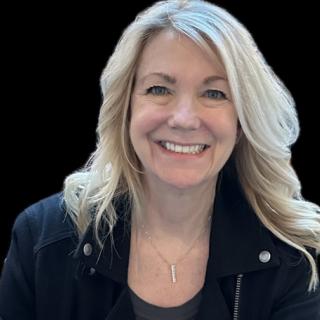 Here’s what happens when the pageantry is stripped away and the hard work begins: It’s 10 a.m. on a Sunday morning, warm and gray, and I’m in the first of a series of workshops on compassion. This is how we begin the work of sustaining the uplifting message of the past two days’ events – how we implement all this “feel good” and turn it into “real good,” as Seeds of Compassion organizer Daniel Kranzler once told me.
Here’s what happens when the pageantry is stripped away and the hard work begins: It’s 10 a.m. on a Sunday morning, warm and gray, and I’m in the first of a series of workshops on compassion. This is how we begin the work of sustaining the uplifting message of the past two days’ events – how we implement all this “feel good” and turn it into “real good,” as Seeds of Compassion organizer Daniel Kranzler once told me.
So anyway, I am amazed when I find a parking spot not a block away from the little conference room at the Seattle Center where the workshops are being held. After battling (OK, compassionately competing) with 50,000 people in traffic to get to the Seeds event yesterday, I am surprised – and a little troubled - by the cakewalk that was my commute this morning.
There are 20 people here, and four of them are the panelists. That's a Sunday morning for ya. This morning’s discussion: Early Childhood: Advocacy, Policy, and Social Change. I am here to “learn about the conditions of young children, the current state of child and family policies, and the strategies to advocate for compassionate public policies domestically and globally on behalf of early childhood.”
Indeed. This morning, four of the best friends babies ever had are here to speak to a largely empty room.
Moderator Joan Lombardi of the Birth to Five Policy Alliance said it all: yesterday’s event was great…but “it’s important that we move from compassion to action.”
Matthew Melmed, executive director of ZERO TO THREE, begins by laying out the critical importance of those early formative years, from a brain-science perspective. “How children feel is as important as how they think …if they’re treated well, and they learn, they will treat others well,” Melmed, “This is rooted in hard science.”
Melmed calls our lack of public investment in the well-being of babies “an outrage.”
“Every five minutes an infant or toddler in the U.S. is removed from a home where he or she is experiencing abuse or neglect…these babies are six times more likely to have developmental delays.
“We’ve created a system which is in effect a developmental disaster,” he says. “We still have legislators that think that mom’s at home. Mom is not at home – she’s out working.
“The research is very clear,” Melmed says. If we fund very early childhood programs, “we will see a reduction in crime, abuse and neglect, domestic violence, welfare….but we spend money in the stupidest ways instead of up front.
“Putting money into K-12 system is much too late.”
Jon Gould, deputy director of the Children’s Alliance, brought the focus to the state level. “There’s an enormous funding inequity in our state: 85 percent of a child’s brain structure is formed by age three. But less than 4 percent of our public investment in development is targeted to that age,” Gould says. “When a child’s brain is forming, we are simply not investing.”
Garrison Kurz, works for Thrive By Five Washington, one of the successes of public-policy advocacy in our state. He spoke about the many grassroots efforts in the form of ballot initiatives, coalitions, agencies and school groups that have been working for social change outside of the system. “People aren’t waiting for the state or Federal government to make a change.
“Your individual actions can make a difference.”











